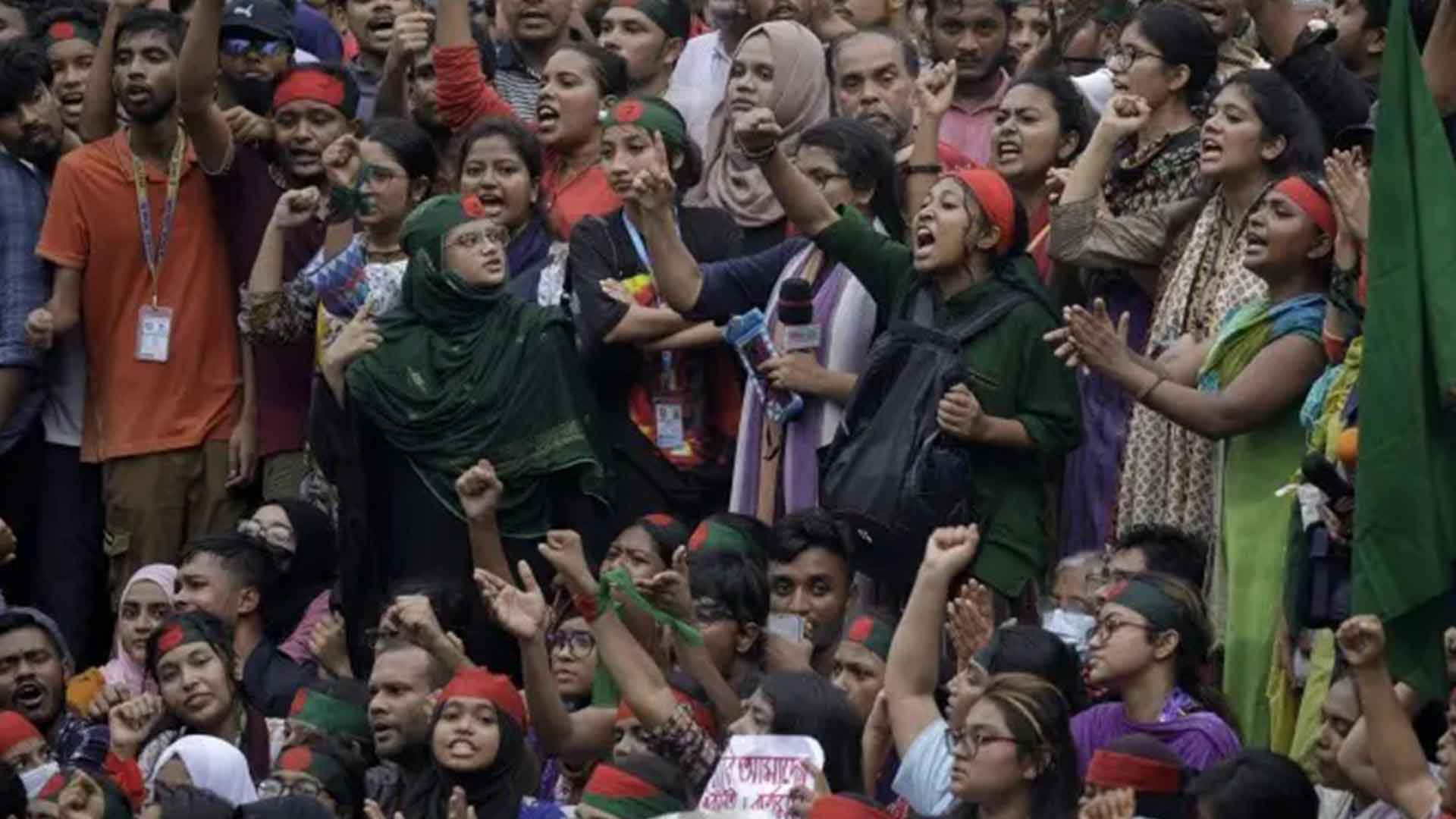The right to speak out freely and to freely associate are cornerstones of any democratic society. They enable people to express their views, take collective action, and keep leaders accountable. These rights are guaranteed by the Constitution in Bangladesh, but in practice, the regulation of these rights has faced many obstacles. This article aims to analyse the definitions, why they are important, the present state of implementation as well as what a roadmap may look like for strengthening these fundamental freedoms in Bangladesh.
Definition
Freedom of Expression is the right of individuals to express their personal thoughts, opinions, and ideas as long as they are not subject to censorship, punishment, or legal sanction. At the very heart of it is freedom of speech, freedom of press and freedom of access of information.
Freedom of Association: The right of individuals to join or form groups, unions, organizations, or political parties to advance common interest and goals. That includes the right to assemble peacefully.
Articles 39 (Freedom of thought and conscience, and of speech) and 38 (Freedom of association) of the Constitution of Bangladesh ensure these rights, subject to restrictions in the interest of national security, public order, morality, or the sovereignty of the state.
Importance
Democracy and Accountability: Without these freedoms, a functioning democracy becomes impossible, as citizens use them to both denounce policies, seek justice, and influence governance through nonviolent methods.
Human Rights Defender: They are essential for defending all other human rights, such as the right to education, health, and justice.
Civic Engagement: The aggregation of freedom of expression and association enhances public participation in societal development, which creates civic responsibility and activism.
Social Progress: A flow of ideas fosters innovation, societal changes, and the development of plural societies.
Implementation in Bangladesh
While the Constitution guarantees these rights, and while, in fact, they have been enshrined in law, the realisation of these rights in Bangladesh is inconsistent and sometimes repressive.
Freedom of Expression
Media Restrictions: Journalists frequently receive threats of intimidation, litigation, or violence. “With press freedom being curtailed, and arrests based on online expressions being arbitrary, laws such as the Digital Security Act (DSA) 2018 are better said to be repressive,” he said.
Censorship and Surveillance: On-line platforms are watched over and dissenting voices particularly those critical of the authorities or discussing sensitive subjects like corruption or minority rights are often focused on.
Self-Censorship: Fear of reprisals leads many media houses and individuals to self-censor, suppressing free discussion.
Freedom of Association
Barriers to Organizing: Trade unions, NGOs, and opposition political groups face bureaucratic hurdles, surveillance and even shutdowns.
Protests and Assemblies: While peaceful protests have led to heavy police brutality, mass arrests or a ban on public gatherings.
NGO Restrictions: The control of civil society organizations, particularly foreign Janata, is achieved through the Foreign Donations (Voluntary Activities) Regulation Act 2016.
The Way Forward
Realizing these rights is essential to building a more inclusive and democratic Bangladesh; urgent steps need to be taken to ensure this:
Legal Reforms
Amend or repeal restrictive legislation, such as the DSA, and ensure any regulation is consistent with international human rights standards.
Enhance legal protective measures for journalists, activists and those working in civil society.
Independent Institutions
Give independent watchdogs such as the National Human Rights Commission full powers to monitor violations and enforce accountability.
Protect the judiciary so the courts can defend the basic rights without political interference.
Promote Media Freedom
Promote a free and plural media ecosystem.
Training and protection for journalists and bloggers to operate free and safe.
Civic Education and Awareness
Conduct public awareness campaigns on rights to expression and association.
Promote the teaching of civic education in schools that encourage a culture of dialogue and tolerance.
Dialogue and Inclusivity
Innovate transparent society — civil society and citizens dialogue platforms.
Therefore, encourage a political culture that values dissent, welcomes pluralism and peaceful disagreement.
Conclusion
Freedom of expression and association are not merely legalities and entitlements they are important tools to have in place for a just and progressive society. Bangladesh has made significant strides toward economic development, now it must pay attention to civil liberties as a badge of its democratic identity. It is not beyond our grasp for a more open and empowered Bangladesh through collective effort, legal reform, and an unyielding respect for human rights.

